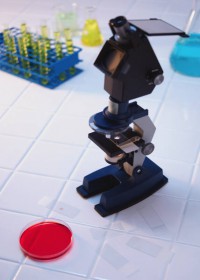
It seems absurd that something as innocuous as taking a daily walk could decrease your risk of cancer, as well as a host of chronic diseases such as heart disease, stroke and diabetes. But, as we noted in our previous post, researchers are finding that regular exercise could be the “magic pill” that saves us from a host of ills, including cancer. Exercise promotes a healthy immune system, improving your body’s ability to fight off cancer; but it is the link between exercise and obesity reductions that intrigues cancer researchers.
Affecting the health of more than a third of American adults, obesity adversely affects the body in several ways that can weaken its ability to fight off cancer and disease:
- Obesity can change the way your body absorbs and uses energy from the food you eat, resulting in metabolic dysfunction.
- Obesity can interfere with the process of cytokines, disrupting cell communication which can increase inflammation.
- Obesity can also impact the body’s endocrine system, affecting production of certain hormones that can fuel cancer tumor growth.
As little as 30 to 60 minutes of brisk walking or other moderate-intensity exercise a day can be enough to promote weight loss, help maintain a healthy body weight, protect you from the deleterious effects of obesity and reduce your cancer risk. (Tip: at moderate intensity you should be able to talk but not sing.) If you don’t have the time or stamina for a 30-minute workout, experts say you can derive the same obesity-fighting, cancer-prevention benefits from several 10-minute workouts. Cumulative exercise time and exercise intensity are what matter.
Next time: Cytokines and cancer





